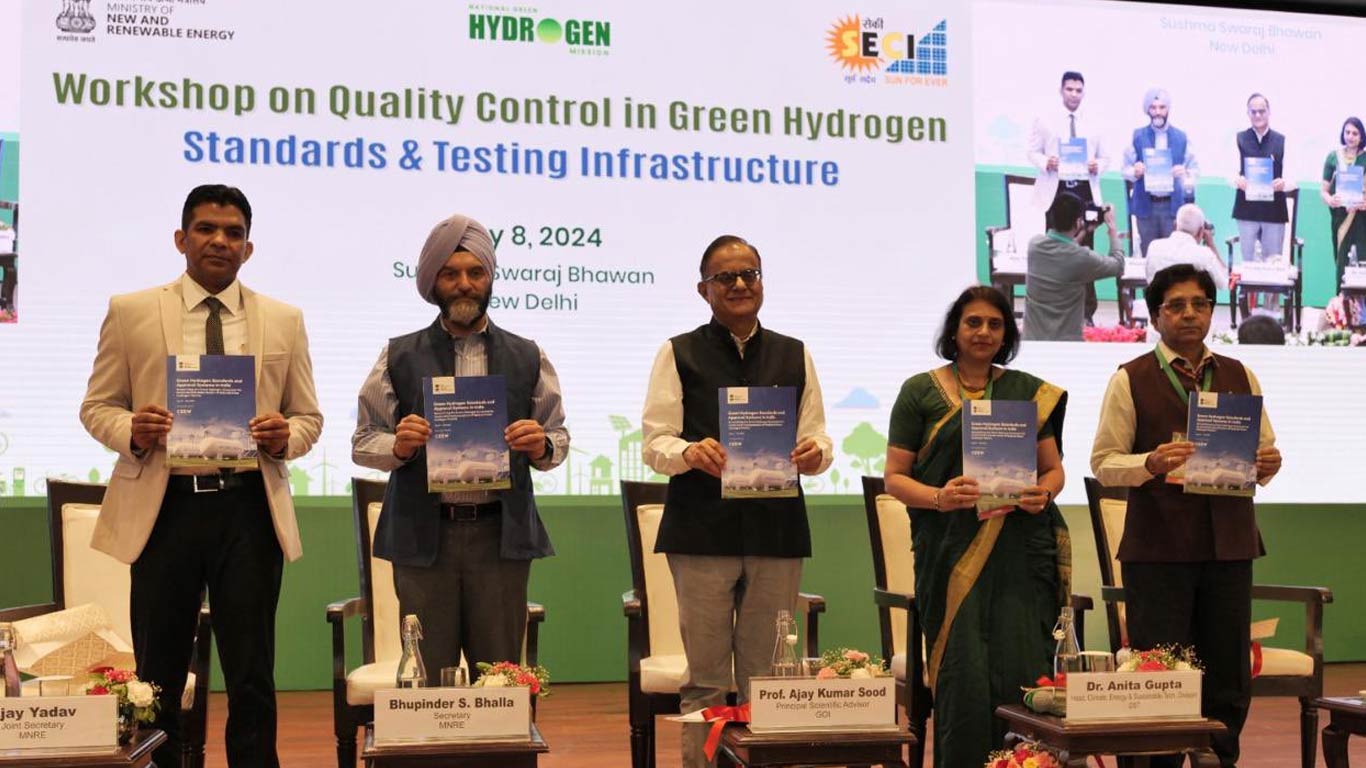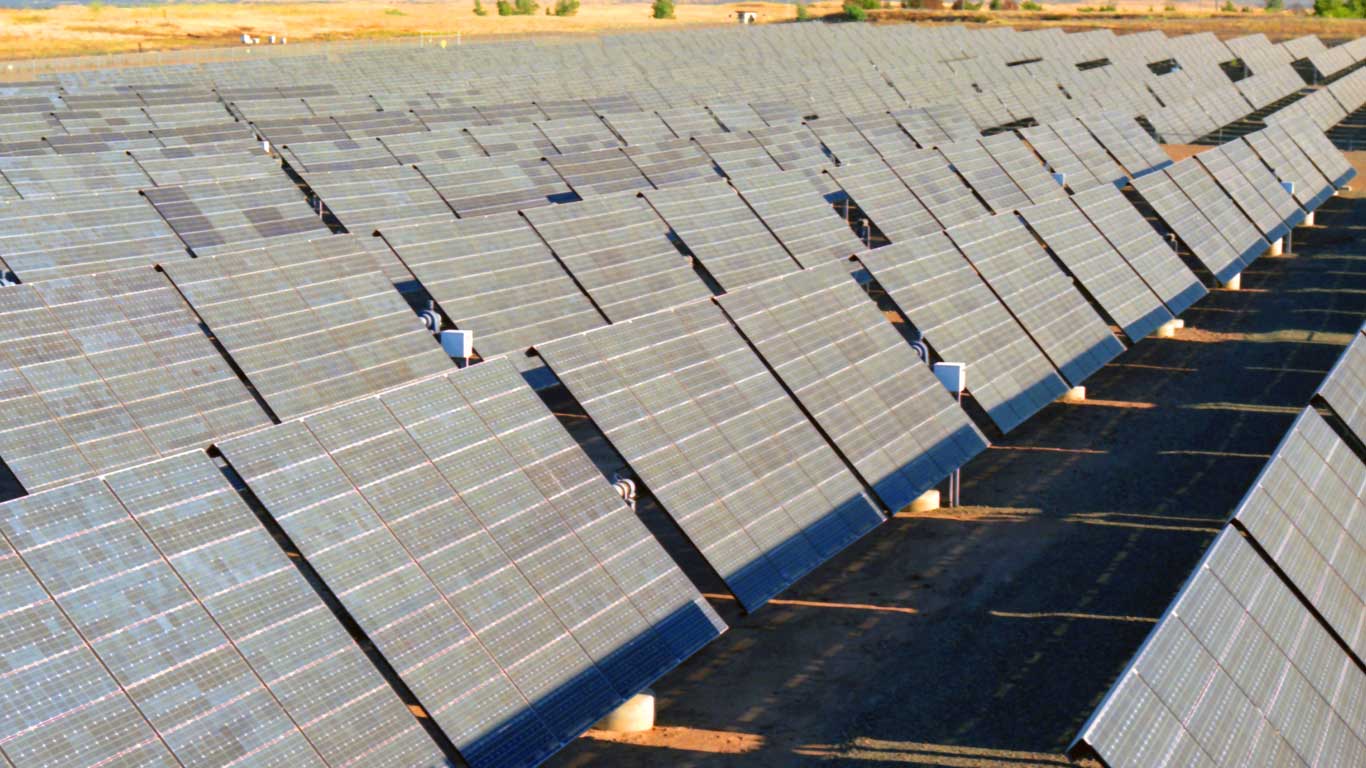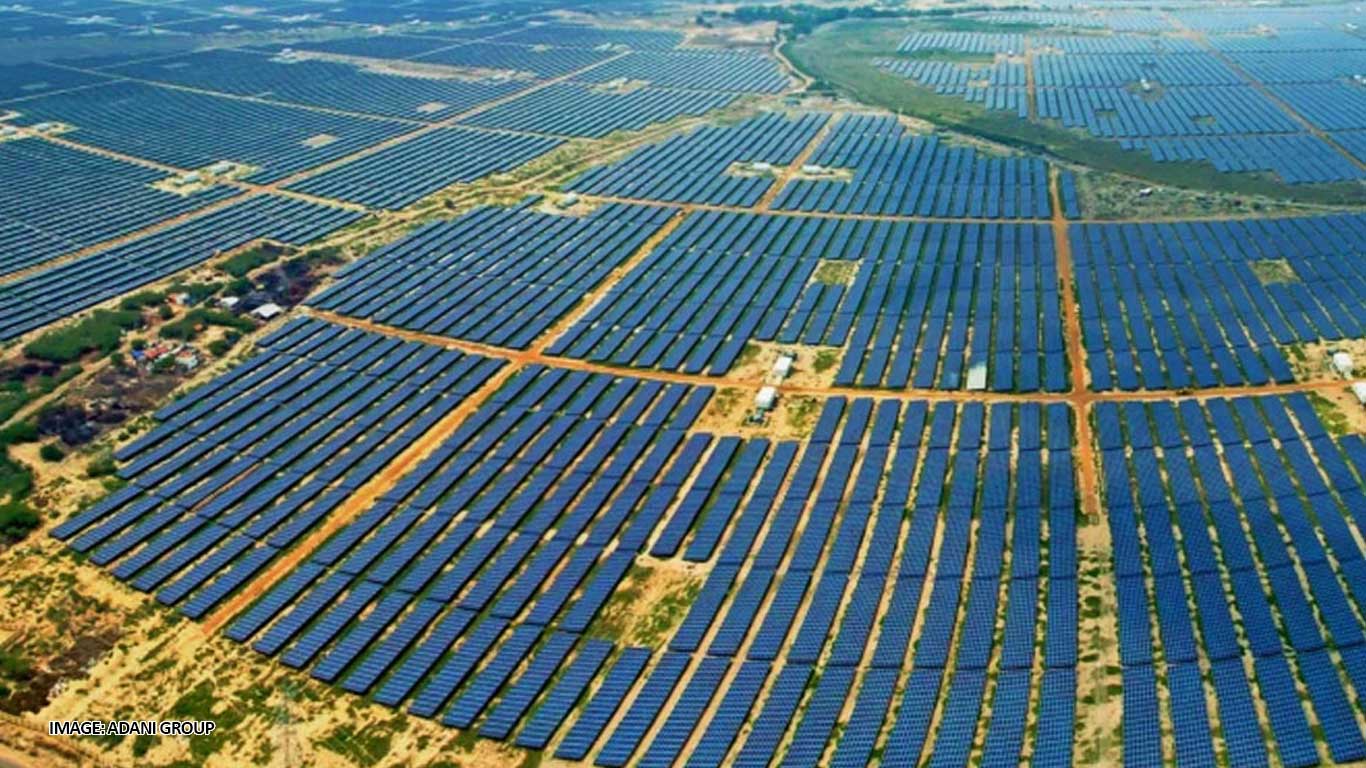India To Attract USD 26 Billion Private Investment For Nuclear Energy Expansion
Updated: Feb 21, 2024 03:31:24pm

India To Attract USD 26 Billion Private Investment For Nuclear Energy Expansion
New Delhi, Feb 21 (KNN) India is set to invite private firms to invest approximately USD 26 billion in its nuclear energy sector.
This initiative aims to escalate electricity production from non-carbon emitting sources, disclosed two government sources to Reuters.
This marks the first instance of New Delhi's endeavour to encourage private investment in nuclear power, a vital component of India's energy mix accounting for less than 2 per cent of the nation's total electricity generation.
The infusion of funds is poised to propel India towards achieving its ambitious target of 50 per cent non-fossil fuel-based installed electric generation capacity by 2030, an increase from the current 42 per cent.
Government officials revealed that discussions are underway with five private entities, including industry giants like Reliance Industries, Tata Power, Adani Power, and Vedanta Ltd, to secure investments of around 44,000 crore rupees ( USD 5.30 billion) each.
The Department of Atomic Energy and Nuclear Power Corp of India Ltd (NPCIL) have been engaged in extensive deliberations with these firms over the past year to finalise the investment plan.
The proposed investment aims to add 11,000 megawatts (MW) of new nuclear power generation capacity by 2040, augmenting NPCIL's existing fleet of nuclear power plants, which currently stands at 7,500 MW, with commitments for an additional 13,000 MW.
Under the funding arrangement, private companies will be responsible for financing the nuclear plants, including land acquisition, water supply, and construction activities outside the reactor complex.
However, NPCIL will retain the rights for building, operating, and managing the stations along with fuel management, as stipulated by law.
The hybrid model of nuclear power project development has been hailed as an innovative approach to expedite capacity expansion by industry experts like Charudatta Palekar, an independent power sector consultant.
Importantly, the investment plan is designed to adhere to existing regulatory frameworks, requiring no amendments to the Atomic Energy Act of 1962.
While Indian law prohibits private companies from setting up nuclear power plants, they are permitted to engage in supplying components, equipment, and construction contracts for activities outside reactor domains.
India's quest for meeting nuclear power capacity targets has been hindered in the past due to challenges in procuring nuclear fuel supplies.
However, agreements such as the 2010 deal with the United States for reprocessed nuclear fuel have sought to address this issue.
Despite stringent nuclear compensation laws, discussions with foreign power plant builders like General Electric and Westinghouse have been impeded.
Consequently, India has deferred its target of adding 20,000 MW of nuclear power from 2020 to 2030, emphasising the importance of innovative approaches to accelerate capacity expansion in the sector.
(KNN Bureau)











